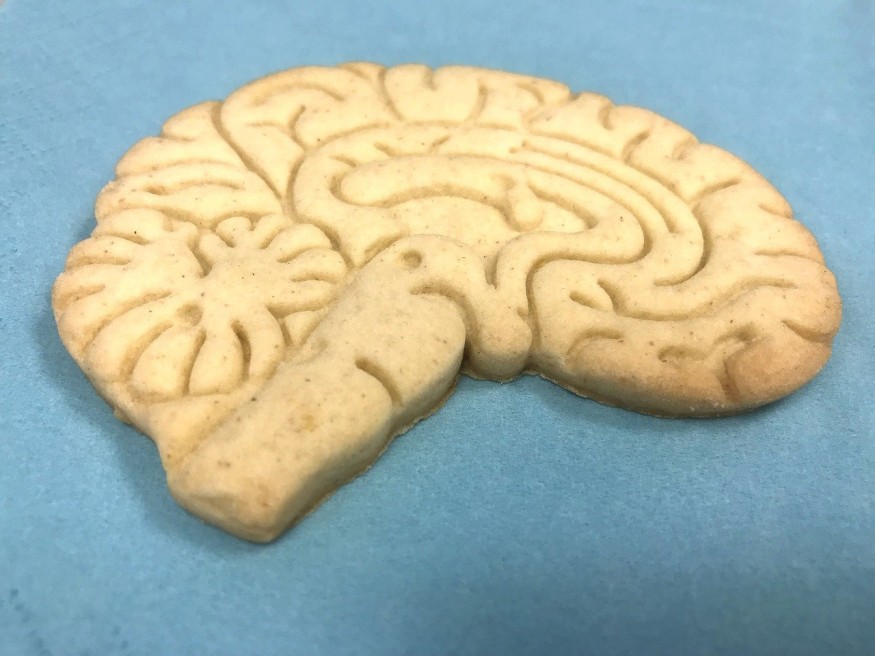
Researchers have discovered that nanoplastic can affect a specific brain protein and, in turn, lead to changes connected to certain dementia types as well as Parkinson's disease.
Nanoplastics' Brain Interaction
As part of the study, entitled "Anionic nanoplastic contaminants promote Parkinson's disease-associated α-synuclein aggregation," the researchers maximized three models. These were cultured neurons, a Parkinson's disease mouse model, and test tubes.
The team found that plastic polystyrene nanoparticles, which are used for making egg cartons, foam for peanut packaging, and disposable cups for drinking, end up drawing the alpha-synuclein protein in the brain. It causes the said protein to accumulate.
Dr. Andrew West, a professor from the Cancer Biology and Department of Pharmacology from Duke University School of Medicine and the study's principal investigator, explains that in various assay types, they discovered that parts of the protein could be hijacked by nanoplastics. The protein, which typically binds with brain lipids, may end up twisted to a form that boosts disease-related aggression.
The problem does not end here as the plastics could end up impairing the machines that were meant to destroy aggregates that form the lysosome of the cell. Dr. West explains that they suspect that the "two-hit" mechanism could be underlying the observed interactions.
Regarding the next steps, Dr. West notes that they would like to conduct long-term experiments that have chronic dosing in order to see how various nanoplastic types impact various molecular processes that are believed to drive the progression and risk of the disease. The researchers would also like to know the picture lifetime exposure to various nanoplastics in order to have more informative lab models.
This is not the first study to examine how nanoplastics impact the brain and general health. An earlier study revealed that nanoplastics could disrupt regular liver and lung cell processes and could even be linked to certain cancer types. A different study also found that nanoplastic and microplastic exposure could negatively affect the brain and make it vulnerable to developing disorders of the neurons.
Parkinson's Disease
Parkinson's disease is considered the world's fastest-growing neurological disorder, with an estimate of 10 million people all over the world battling the condition.
The disease does not currently have any known cure. While the exact cause also remains a mystery, scientists know that environmental factors, lifestyle influences, and genetics contribute to a certain degree.
Dr. West also explains that it is known that some of the risks for the condition include toxin and pesticide exposure within the environment. However, the known risks posed by the environment only account for a small proportion of what is actually there.
He also thinks that this research should offer a strong reason to come up with technology for plastic pollution monitoring and for monitoring various people with various exposure regarding their susceptibility to Parkinson's disease and other conditions.
Check out more news and information on Medicine & Health in Science Times.











